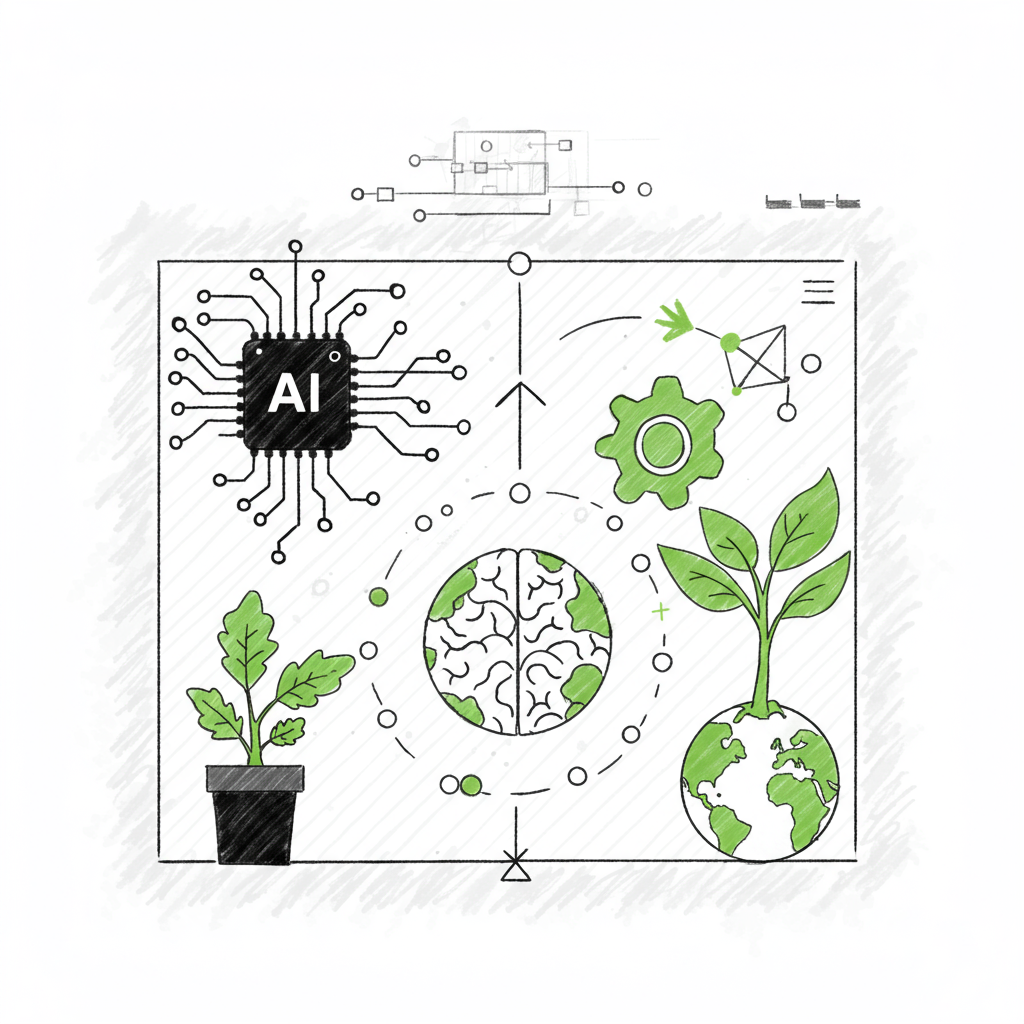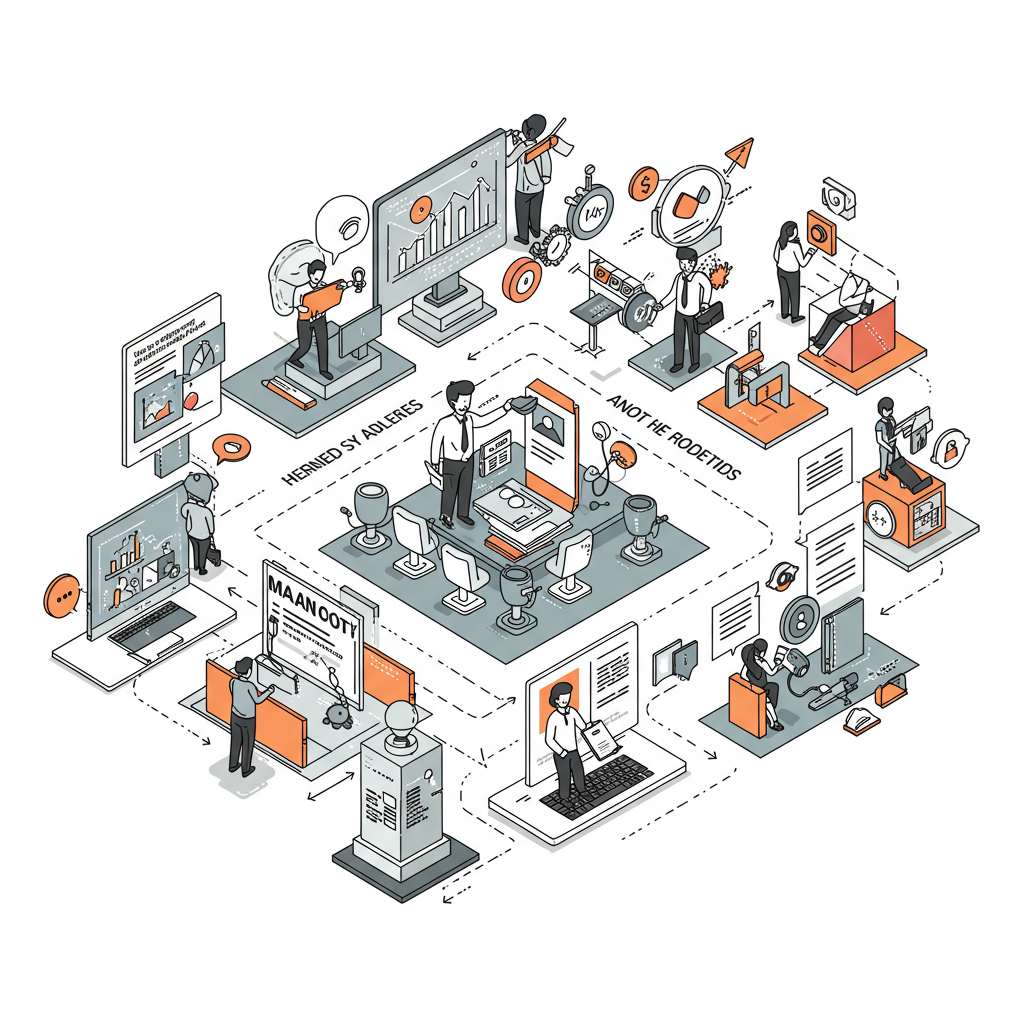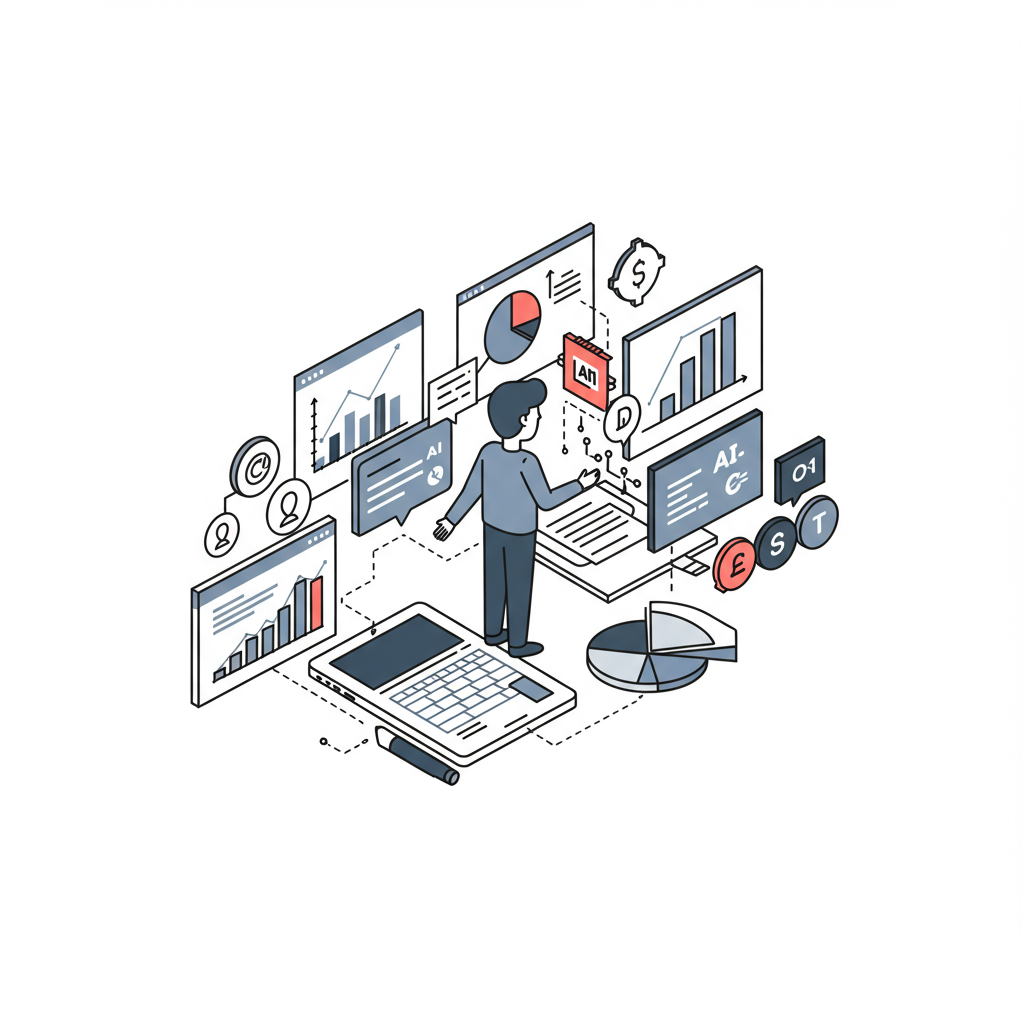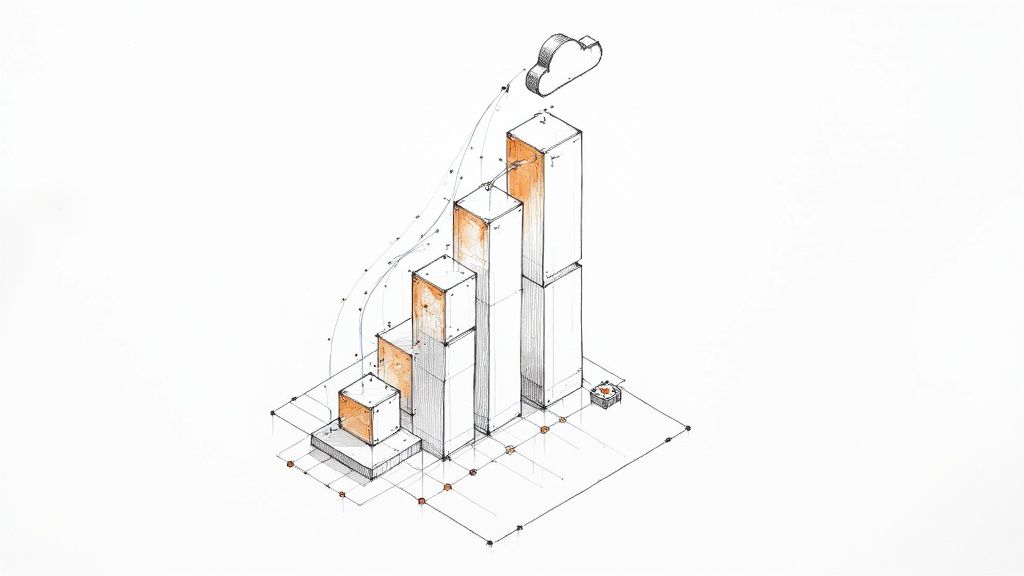AI & Sustainability: Driving Greener Businesses
Exploring how sustainable AI drives greener businesses from eco-friendly adoption to smart use cases and AI strategy consulting tools.

Artificial Intelligence (AI) is reshaping industries at an unprecedented pace. While its potential to enhance efficiency and innovation is undeniable, there is also growing concern about its environmental footprint. The energy-intensive nature of AI training and deployment raises critical questions about whether sustainable AI is truly possible. The answer lies in how businesses adopt green AI practices, balance innovation with responsibility, and align with a broader vision of sustainability.
With the help of an AI strategy consultant tool, every business can tailor their AI strategy, optimizing the environmental impact and augmenting sustainability. In this blog, we deal with the sustainability aspect of AI and other cutting-edge technologies.
How Far Is Sustainable AI Possible?
Is AI sustainable at all? The environmental impact of galloping AI integration is yet to be understood. The scientific community presents different projections, but one point is clear. The biggest advantage of green AI adoption is the potential to reduce resource usage and strengthen conservation efforts, fostering a greener technological future. Collaborating with an AI strategy consulting team can help businesses integrate AI solutions while minimizing environmental harm.
Studying sector-specific AI use cases also provides clarity on suitable AI roadmap services. Learning from proven applications enables businesses to adopt best practices and avoid costly mistakes that could ripple across operations and ecosystems.
AI Technology’s Green Potential
AI can play a powerful role in promoting sustainable practices. For example, AI-powered tools optimise energy consumption in industries, smart buildings, and logistics networks. Machine learning models can forecast energy demand, helping providers balance supply more effectively and reduce waste. In agriculture, AI solutions enable precision farming by analysing soil conditions and weather patterns, reducing water use and fertiliser dependency. These AI use cases illustrate how sustainable AI can conserve resources while supporting business automation.
AI strategy consulting tools also help identify inefficiencies across supply chains. For instance, predictive analytics can reduce overproduction, improve demand forecasting, and lower transportation emissions. When combined with green technology, AI becomes a catalyst for achieving long-term sustainability goals.
The Environmental Challenges of AI
Despite its potential, AI has a serious environmental problem. The training of large-scale AI models requires massive amounts of computational power and energy. According to the United Nations Environment Programme (UNEP), one training cycle of a modern large language model can emit as much carbon as five cars in their lifetimes. Data centres powering these processes also consume vast quantities of water for cooling, intensifying resource pressure.
These challenges make it clear that sustainable AI is not automatic. It requires deliberate choices about energy sources, algorithm design, and the lifecycle of AI systems. Companies must weigh the benefits of AI-driven innovation against the environmental costs and take steps to reduce their footprint.
Green AI Adoption: Pathways to Progress
For AI to become truly sustainable, businesses need to rethink how they design and deploy technology. Some emerging strategies include:
Energy-Efficient Models
Researchers are now focusing on developing AI models that require less computational power, reducing emissions without compromising performance. The development of energy-efficient AI models would skyrocket the possibility of AI future.
Renewable Energy Integration
Shifting data centres to renewable energy sources such as wind and solar can significantly cut carbon output. This however require policy level interventions as it requires the cooperation of multi-level stakeholders.
Circular AI Systems
Designing AI hardware and infrastructure with recyclability in mind helps reduce electronic waste. This way the not only the impact of heavy mining, but also the lethal effects of heavy metal concentration can be dealt with.
Working with an AI implementation partner can ensure businesses follow these strategies effectively. These partners provide AI roadmap services that combine technical expertise with sustainability best practices, ensuring long-term alignment with environmental goals.
AI Consulting for Sustainable Innovation
Businesses exploring sustainable AI often lack in-house expertise to assess environmental impact. This is where AI consulting teams bring value. Through AI strategy consulting, organisations gain access to tools and frameworks that evaluate both performance and ecological outcomes. Consultants can recommend scalable solutions that meet business needs while addressing regulatory requirements on carbon neutrality and sustainability reporting.
By leveraging AI consulting tools, businesses can make data-driven decisions that not only optimise operations but also align with climate action goals. This is particularly critical as regulators, investors, and customers increasingly demand accountability from companies on sustainability metrics.
The Future of Sustainable AI
The future of sustainable AI depends on a collective effort by technology providers, businesses, and governments. Regulations will play an important role in setting limits on emissions and resource consumption. At the same time, innovation in green AI adoption will continue to push boundaries, making AI more accessible and environmentally responsible.
Companies that prioritise sustainability in their AI strategy are likely to gain a competitive edge. Beyond cost savings and efficiency, they also strengthen their reputation as responsible innovators. By embracing AI roadmap services that include environmental impact assessments, organisations can future-proof their operations and contribute meaningfully to global sustainability targets.
Final Thoughts
AI has the potential to drive greener businesses, but only if sustainability becomes part of the core strategy. Sustainable AI is not about choosing between technology and the environment. It is about creating harmony between the two. By adopting energy-efficient systems, investing in renewable energy, and working with experienced AI consulting teams, businesses can ensure that AI innovations serve both economic growth and environmental conservation.
Take the Next Step Toward Green AI
If your organization is ready to explore AI solutions with sustainability at the core, now is the time to act. Start building your roadmap today and turn AI into a force for both innovation and a greener tomorrow. Partnering with an experienced AI consulting team can help you design energy-efficient systems, reduce environmental impact, and future-proof your business.



